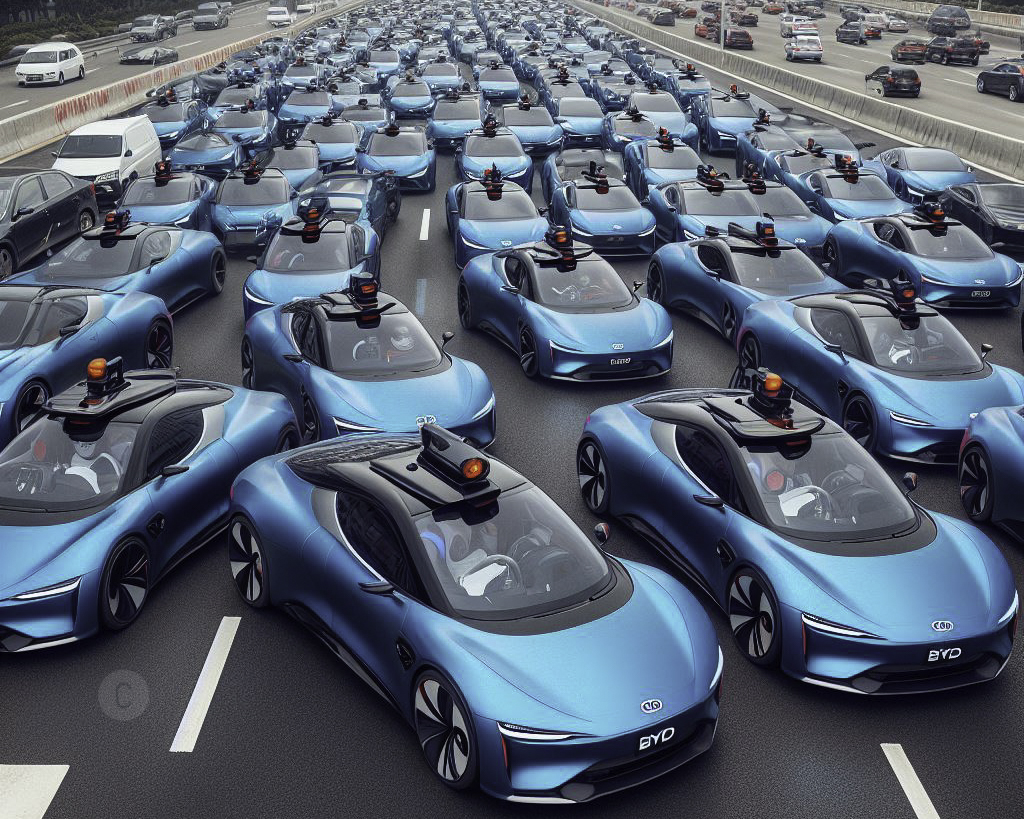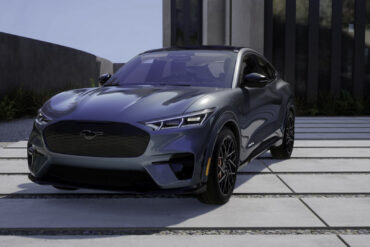An investigation by the US government is underway regarding the national security implications of foreign-made vehicles with internet connectivity, particularly those originating from China. Secretary of Commerce Gina Raimondo expressed concerns over the potential for remote manipulation of these vehicles by actors in Beijing.
Concerns regarding Chinese-manufactured automobiles coincide with the rise of companies like BYD and Geely in the international automotive industry, highlighting the increasing susceptibility of internet-connected cars, which come equipped with automated features and online connectivity, raising the potential for espionage and data security breaches.
Exploring scenarios like espionage, data collection on US citizens, or acts of sabotage on US roads, the Bureau of Industry and Security, part of the Commerce Department, will investigate the potential misuse of sensor-laden, internet-connected vehicles. This concern extends from the US government’s continual examination of China’s technological aspirations, which has persisted across various administrations.
Under both the Trump and Biden administrations, there have been measures taken to restrict Chinese access to advanced technologies, such as sanctions on companies like Huawei and limitations on chip exports to China. The Biden administration has also banned the use of TikTok on most federal government devices due to concerns over data security.
US automakers are facing challenges meeting electric vehicle (EV) sales targets while Chinese manufacturers like BYD continue to expand globally and boast significant sales figures. This competitive landscape has raised fears within the US government about China’s intentions to dominate the automotive market, prompting strategic responses to safeguard national security interests.
China’s automotive industry is poised to enter the US market directly, leveraging manufacturing facilities in Mexico to circumvent tariffs and capitalize on trade agreements. This move has prompted calls from industry groups for proactive strategies to counteract what they perceive as a threat to US car manufacturers from Chinese competition.
The playing field in the automotive industry appears to be shifting in favor of Chinese automakers, fueled by government subsidies and market protections. This development has prompted concerns within the White House and calls for a reevaluation of US strategies to maintain competitiveness in the global market.
As vehicles become more technologically advanced, the risks associated with them, particularly in terms of cybersecurity, are escalating. The Biden administration, in collaboration with allies, is working to establish standards for autonomous vehicles to address these risks, with a particular focus on Chinese-made components and technologies.
Chinese autonomous vehicles approved for testing on US roads are under scrutiny, along with the components they use, including lidar systems where Chinese companies hold significant market share. Restrictions imposed by China on US-made connected vehicles, such as those from Tesla, could further escalate tensions between the two countries.
Possible consequences of US actions, such as trade restrictions, might incite retaliatory responses from China, worsening current tensions between the two countries. The results of these actions are uncertain, with significant implications for both economic and diplomatic ties.


